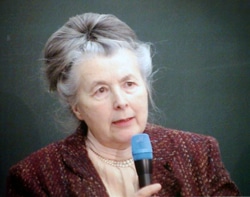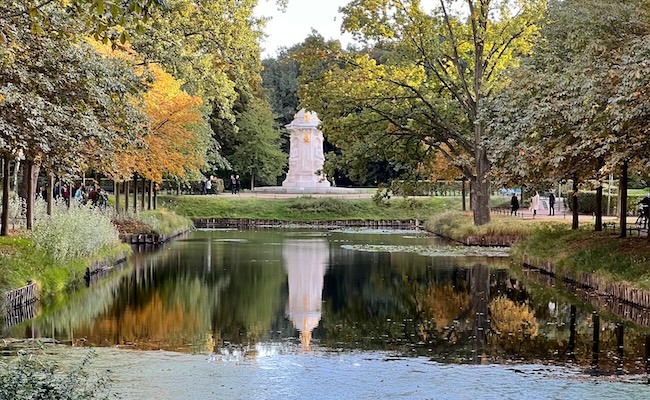
I have often had the privilege of talking to young people. Everywhere in the United States, Canada, France, Switzerland, and Germany, I sensed how young people are eager to understand what happened in civilized Germany as it became a Nazi State. I found the same interest in learning how to build a peaceful future and what could be done to avoid such extremes. Among the many good questions, I selected ones that may help you to understand the powerful reply given by Jehovah’s Witnesses. It is a basically moral resistance that combined a firm “No” to violence and discrimination and firm stand for high moral values based on love. It meant refusing to give in to any kind of negative peer pressure. I benefited from those fundamental teachings at a very early age, even though I went through my young life surrounded by Nazi propaganda and peer pressure. I was determined to live up to God’s command to love my neighbor no matter whom he may be, and today I look back with a clear conscience. I certainly can encourage you as a young person to make a positive start in life based on true values, like those precious ones I learned from the Bible. A clean conscience is a jewel–may yours too become one.
Question #2 : Why didn’t someone tell the world what was happening ?
Nazi Reform School Survivor
At school I was under more and more pressure to heil Hitler. But I refused because in my heart I could never honor a man in this way as if he were a god who could save people.
SIMONE ARNOLD LIEBSTER

Born in 1930, Simone faced severe trials at an early age. Expelled from high school at the age of 12, she was interrogated under blinding lights by two Nazi agents who tried to force her to reveal the names of other Jehovah’s Witnesses. She was sent to a reform school in Konstanz, Germany, for “reeducation.” Her parents were sent to concentration camps. “I suffered no mental damage when our family was torn apart. I kept my eyes fixed on my parents’ example of integrity.” Children at the reform school performed hard labor, were not permitted to speak and were allowed to wash their hair only once a year. After four years, the family was reunited.
